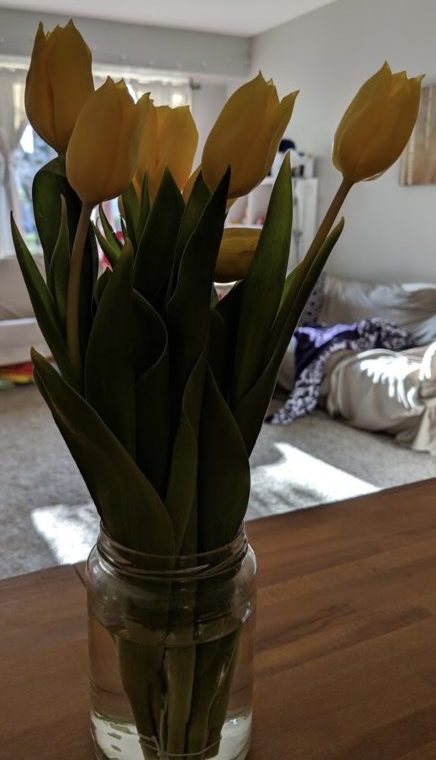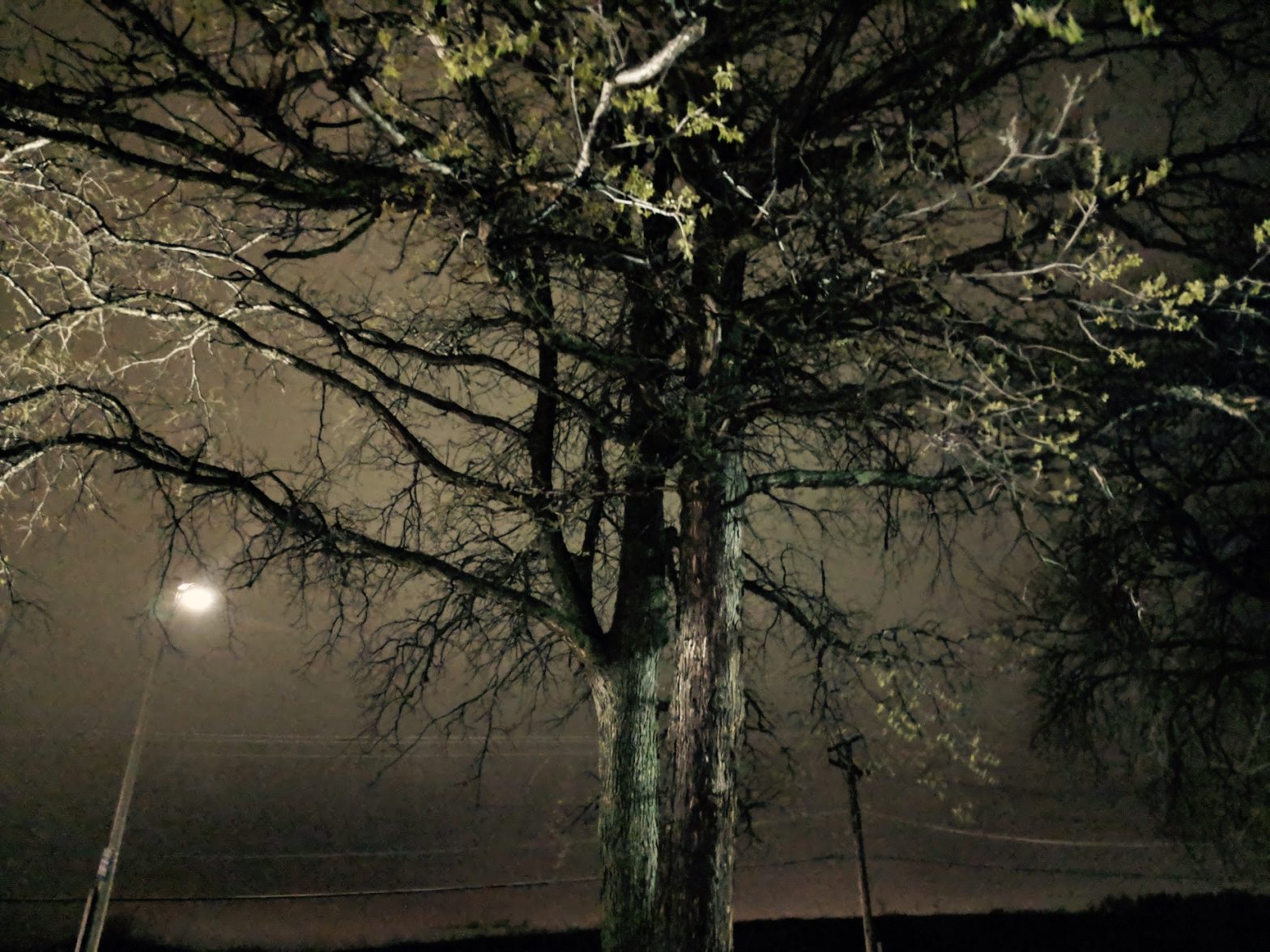Lately I have been thinking a bit about anger and its relationship to fear and control. My toddler now clearly feels and expresses a whole range of emotions, and does so in such a visible and visceral manner. This is beautiful and refreshing in its own way, and leads to many sweet moments of such tangible joy and laughter and wonder. And yet, as a little person, he of course also feels emotions such as sadness and anger. I notice that his anger, often times expressed through hitting or throwing, can at times feel like a crisis to me. This can seem like a crisis not because Bubsy experiences anger (which is a healthy part of being human), but because it elicits in me a sense of fear and need to control.
A wise person in my life said something to the effect that many difficulties in parenting arise when we parent out of fear of the future rather than in response to the current situation. I certainly see this being true for me, as while Bubsy’s hitting makes me sad and sometimes even physically hurts me or others a little bit, the true difficulty for me is that I can slip into a place of fearing for his future – What if he gets labelled as “bad” or a “bully” by others because of how he sometimes hits, and this prevents him from making friends? What if his hitting gets worse and worse as he gets bigger? What if my husband and I are “bad” parents because we don’t respond in the “right” way? What even is the “right” way to respond? What if everything spirals out of control and we fail Bubsy?
I tend to be one who internalizes what I am feeling and who initially wants to push down negative emotions, which means that often much of what I feel manifests as anxiety. Growing up I certainly had a hard time experiencing anger; I had difficulty even acknowledging that I felt anger let alone knowing what to do with it. And this is still a struggle today, although I have been working on it, along with the help of numerous wise people speaking into my life and challenging me and modeling healthy expressions of anger. Which means when my toddler so clearly feels and expresses anger, there is a part of me that is glad that he can express it and that wants to support him in learning to express it well, but there is also a part of me that really does not know how to respond and wants to just control his anger or force it to go away.
Another wise person in my life recently listened to my concerns about my toddler’s anger and affirmed that it is actually great that Bubsy is expressing himself. He encouraged me to think of this as an opportunity for me and my husband to help Bubsy learn to experience anger without resorting to either extreme of “freaking out” or “shutting down” – and in doing so, to practice this for ourselves as adults as well. This ground is rich with the possibility of learning to do something new, to break generational patterns pertaining to the experience of and expression of anger – and in doing so to catch small glimpses of the Kingdom now as by God’s grace relationship with Jesus makes it possible to change even longstanding patterns.
I used to think that all anger is “bad”, but today my understanding is beginning to go something like this: Anger is a sign that something is wrong, but that something can be nuanced and identifying it often takes some reflection. What is wrong may fall in the category of: (1) I am doing something wrong (e.g., I am being sinful in an interaction and am hurting someone else; perhaps I am being selfish or judgmental or entitled or controlling, etc.); (2) someone else is doing something hurtful (e.g., their own sin is coming in to play and they have done something to hurt me); (3) something is wrong in the world (as the world is impacted by the Fall, there are countless painful things that now happen even though they were not originally meant to); or (4) any combination of the above.
If this is truly the case, then acknowledging anger provides opportunities for responding in adaptive and even helpful ways – for adults, this might mean having loving yet honest conversations with those involved pertaining to issues contributing to anger and seeking resolution (which can actually strengthen relationships!), praying and repenting when needed, making changes in situations contributing to anger, acknowledging the reality of sin and brokenness and bringing this to Jesus, learning to make space for emotions without having to act directly out of them, and so on. For a toddler, this might mean finding words to express what is wrong, asking for help in identifying the problem and offering responses, learning to use coping skills, beginning to practice skills pertaining to sharing and being flexible, and more. Anger does not need to be a “scary” or “dangerous”, and even can be a helpful indicator that change is needed or that we need to practice relating to others or the world in new ways.
And this is a much more hopeful and much less fear-based response to anger. Instead of needing to control my toddler’s anger, I can lean into it and view it as an opportunity for growth and change and trusting in Jesus – both for Bubsy as well as for me and my husband. Even though this growth is hard, I am thankful for this opportunity to experience something new, and am hopeful that by God’s grace he can use even this to make me and those I love more like Jesus.

